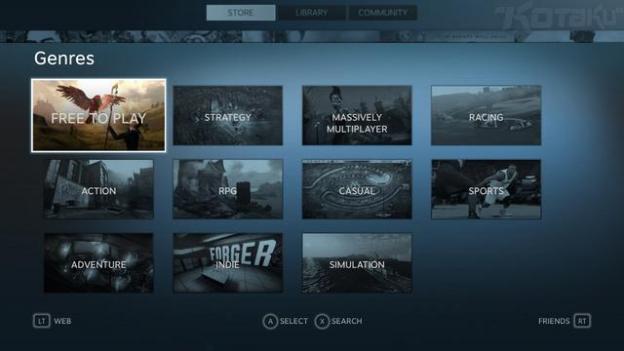
Were Jetsetter a Daft Punk song, it wouldn’t be one the soft hippie rave ups like “One More Time” where everyone’s invited on the dance floor to wave their arms languidly through the air. You know what it would be: The bumping, ferocious club beats of “Around the World!” Daft Punk’s sweet helmets and laser light shows could stick around though, as they’re video game ready.
Welcome to another edition of Jetsetter, Digital Trends’ weekly look at the international video game scene. We look at the business, trends, and development of games outside of the United States. The US being the biggest game market in the world, things tend to skew towards it in the industry. We try to peak beyond its borders to see what’s happening.
Have a suggestion? Hit the comments. You can also follow me on Twitter @ajohnagnello.
* Valve finally adapts Steam pricing for Brazil.
Digital commerce ain’t ubiquitous. Some things we take for granted like Amazon.com are only just coming to one of the biggest nations in the southern hemisphere. Valve’s Steam is available in the country, but Brazilian players have had to use it without using local currency. No more! Starting in November, Steam will finally support the Brazilian Real, making games cheaper for locals. “Note that in Brazil, the game pricing is lower as compared to the United States.” Reads Valve’s fact sheet about the changes.

* Black, Bodycount creator Stuart Black opens new studio.
Stuart Black, the British designer behind ambitious but deeply flawed console first-person shooters Black and Bodycount, is opening his own independent studio called Self. “All I care about is making games,” Black told GamesIndustry International, discussing the new studio, “I really just want to make a really fucking good game.” Self’s first projects will be an iOS title and then, potentially, an Unreal Engine game to be distributed through Steam. Until recently, Black was working on a World War II FPS for City Interactive, but conflicts with the company led to his departure.
* Tetsuya Nomura says Lightning Returns: Final Fantasy XIII is already done.
Square-Enix’s western work is dominating 2012, with games like Hitman: Absolution and Sleeping Dogs taking center stage, but its Japanese teams are still hard at work. Final Fantasy creative lead Tetsuya Nomura told Dengeki PlayStation (via Siliconera) that work on Lightning Returns: Final Fantasy XIII, the third game to bear the Final Fantasy XIII name, is already complete. He also said that Final Fantasy Versus XIII is still in development, so he might just be a big liar.
Editors' Recommendations
- Valve is testing a new Big Picture Mode for Steam. Here’s how to try it
- Valve pushes back summer Steam Game Festival by one week



